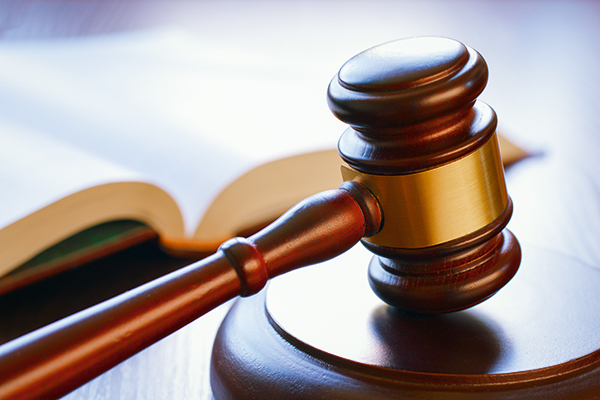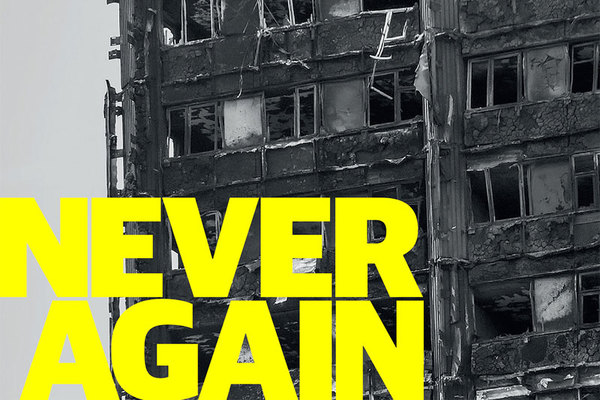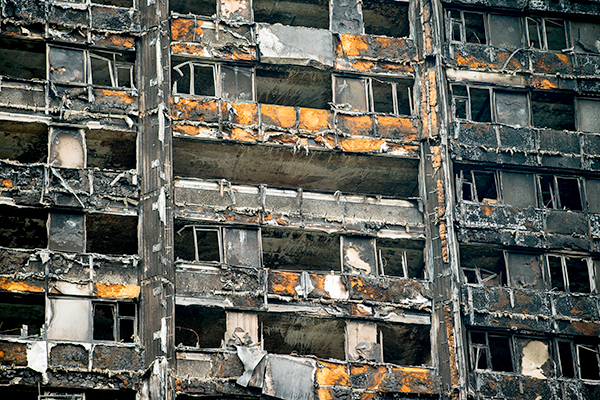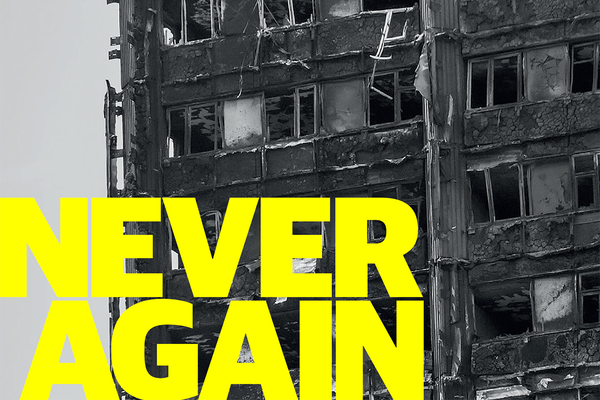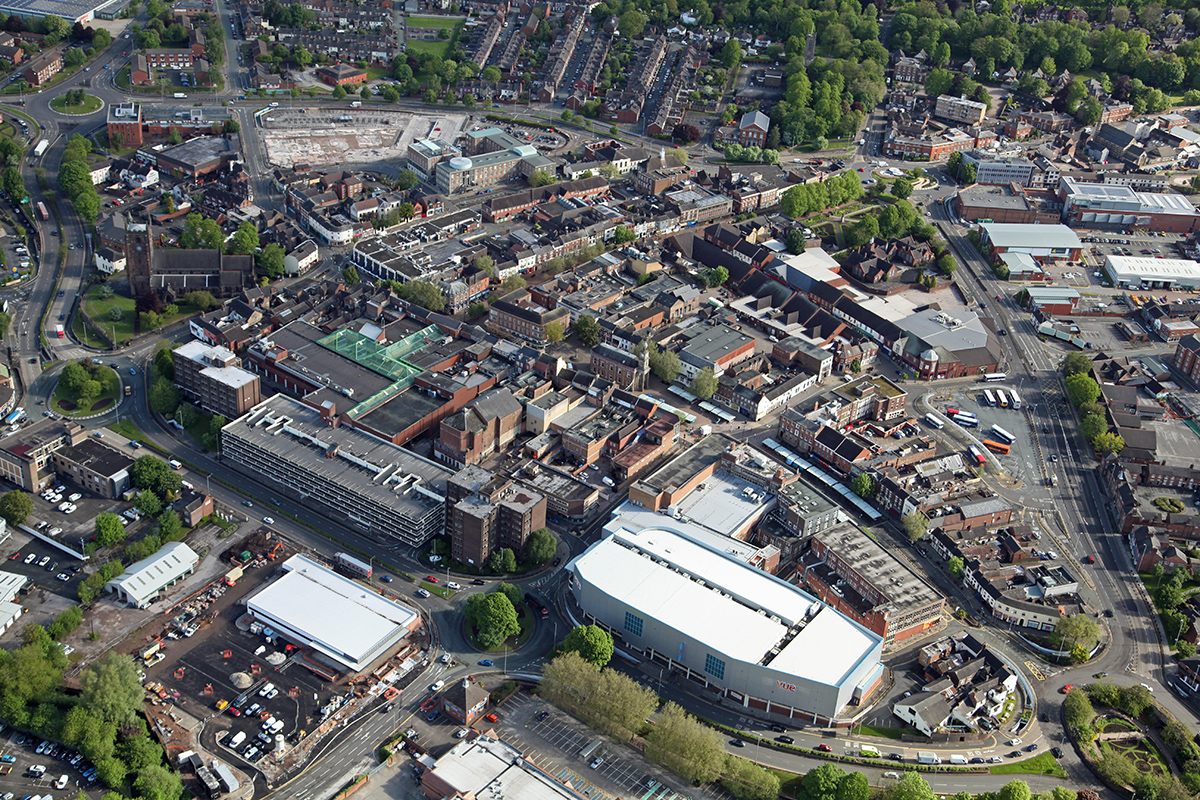You are viewing 1 of your 1 free articles
Grenfell Inquiry misses important points
Editor Emma Maier calls for the role of governments and system failure to be looked at
The strength of a public inquiry is the opportunity to set a broad scope. Broader than an inquest, a criminal investigation or a technical review. That strength is also the inquiry’s greatest challenge. Stakeholders have varying expectations so public inquiries rarely satisfy all, and at worst dissatisfy everyone.
In the aftermath of the Grenfell disaster, survivors and campaigners demanded a wide-ranging investigation. Chair Sir Martin Moore-Bick’s recommendation to exclude a wider look at social housing policy from the terms of reference has disappointed some.
It is important to acknowledge that the terms are broader than initially thought, including the scope and adequacy of building regulations, legislation and guidance, and the actions of public bodies before and after the fire. This must be welcomed.
The initial focus is also right. Grenfell stakeholders include not only survivors and the local community, but also tenants living in tower blocks across the country and their landlords.
There is a pressing need to discover and disseminate urgent lessons from Grenfell to ensure that landlords can make tenants’ homes safe quickly.
This initial priority is crucial, particularly given the failure to implement lessons from the 2009 Lakanal House fire. In addressing this priority, there must be greater clarity over the overlap and outputs of the inquiry, the government’s Independent Expert Advisory Panel and the building regulations review.
The prime minister’s vague comment that “these reviews will no doubt wish to keep [the inquiry] up to date” is insufficient.
However, there are important omissions. It is clear that the fire at Grenfell Tower was a result of a system failure; a breakdown of systems, processes and communications within and between numerous bodies.
The Inquiry is in a unique position to review these systemic issues. Yet the terms of reference do not go far enough in explicitly recognising this. Such learning was missed and ignored after Lakanal. This must not happen again.
Also conspicuously absent is the role of successive governments in the event leading up to Grenfell. The Lakanal Fire took place under a Labour government.
The coroner’s recommendations afterwards were not acted upon by the coalition or conservative governments. The role of governments must come to light.
Inside Housing urges the Inquiry to look closely at the system failure, including the role of governments.
This will raise answers to questions about the focus of social housing policy, just as the Mid-Staffs hospital Inquiry threw the spotlight on the quality vs cost equation in the NHS.
On Sir Martin’s recommendation, the prime minister has excluded these wider issues of social housing policy from the inquiry. He underlined the need for “urgent examination”, and suggested a process or body in parallel with the inquiry. Theresa May’s response was to send Alok Sharma on a tenant roadshow. This should be part of his day job and is simply inadequate to the scale of the task.
Landlords and housing professionals can’t afford to wait for a much needed look at housing policy. The sector must set out to lead.
Emma Maier, editor, Inside Housing
Never Again campaign
Inside Housing has launched a campaign to improve fire safety following the Grenfell Tower fire
Never Again: campaign asks
Inside Housing is calling for immediate action to implement the learning from the Lakanal House fire, and a commitment to act – without delay – on learning from the Grenfell Tower tragedy as it becomes available.
LANDLORDS
- Take immediate action to check cladding and external panels on tower blocks and take prompt, appropriate action to remedy any problems
- Update risk assessments using an appropriate, qualified expert.
- Commit to renewing assessments annually and after major repair or cladding work is carried out
- Review and update evacuation policies and ‘stay put’ advice in light of risk assessments, and communicate clearly to residents
GOVERNMENT
- Provide urgent advice on the installation and upkeep of external insulation
- Update and clarify building regulations immediately – with a commitment to update if additional learning emerges at a later date from the Grenfell inquiry
- Fund the retrofitting of sprinkler systems in all tower blocks across the UK (except where there are specific structural reasons not to do so)
We will submit evidence from our research to the Grenfell public inquiry.
The inquiry should look at why opportunities to implement learning that could have prevented the fire were missed, in order to ensure similar opportunities are acted on in the future.

